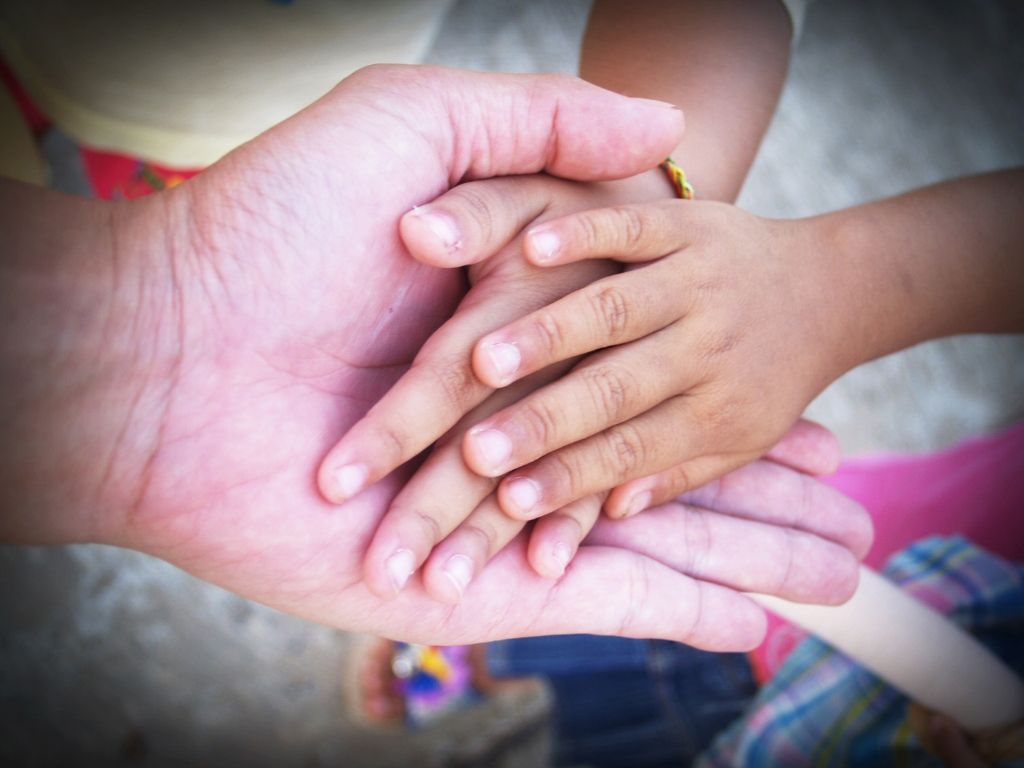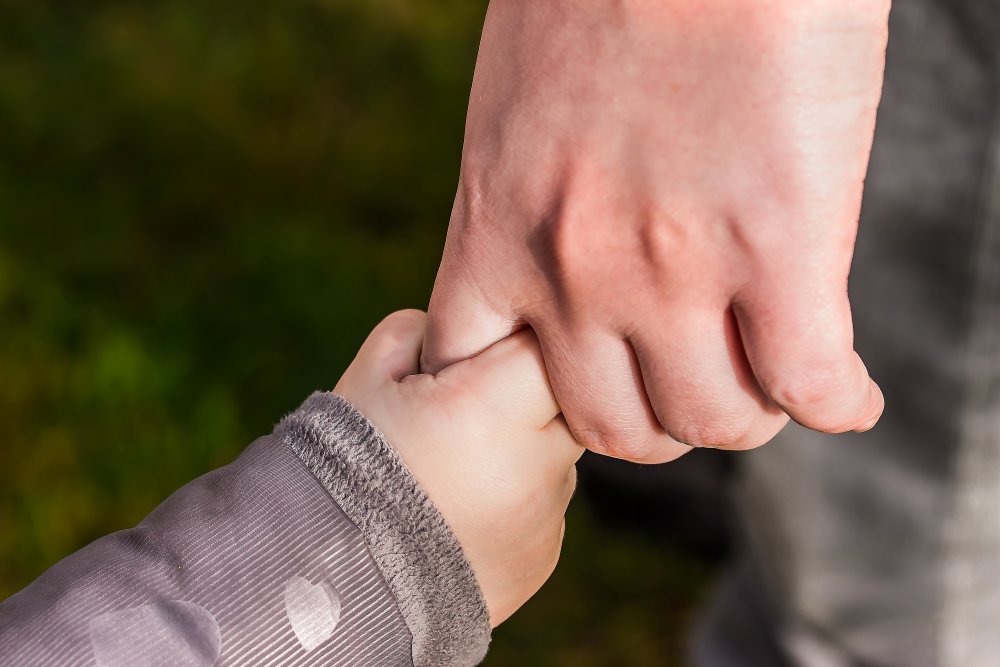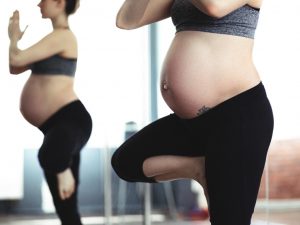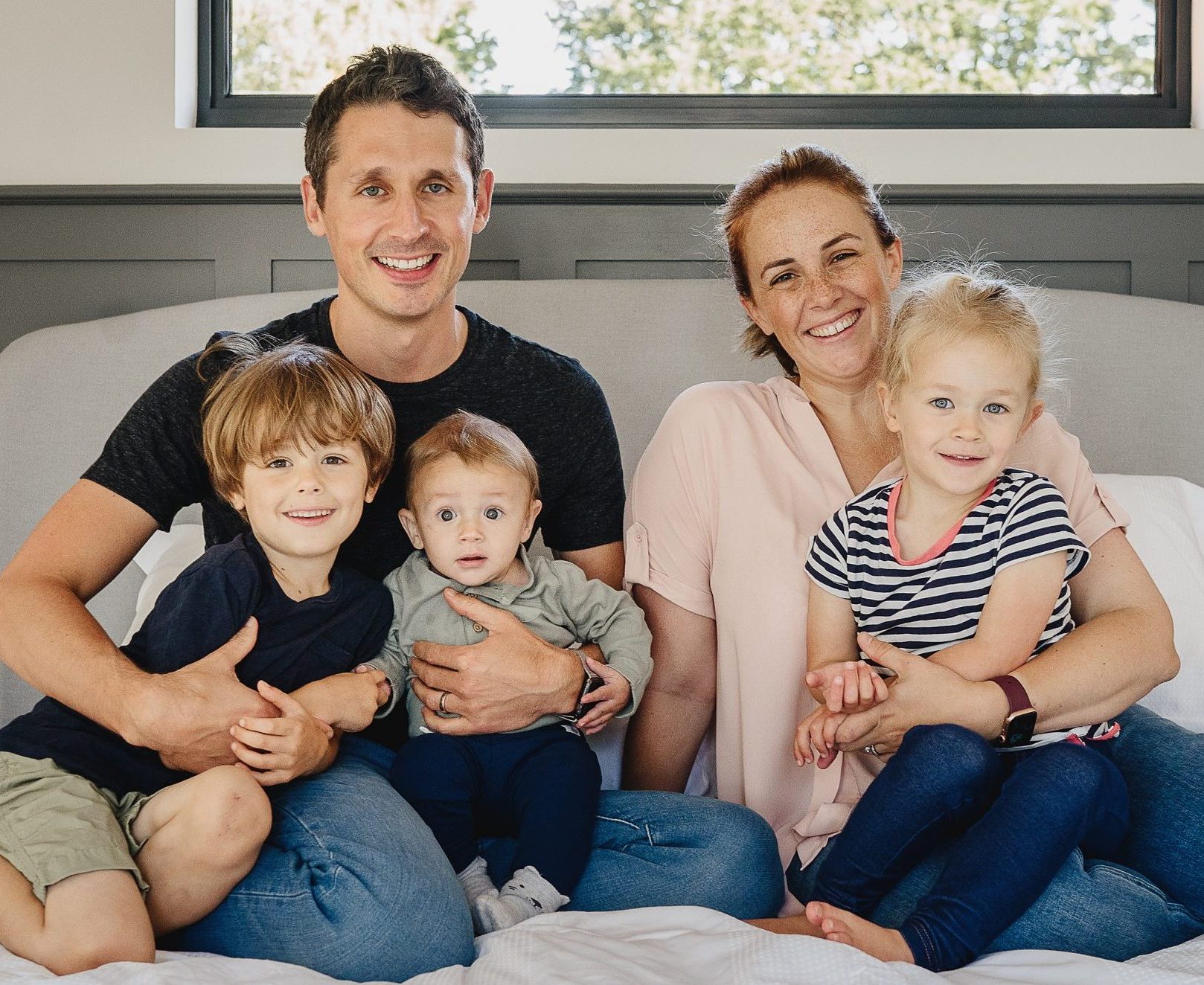While mothers have automatic parental responsibility towards their children, there are other nuances in parental responsibilities, rights and duties that many people don’t know about. Considering that 75% of babies born in the UK are from migrant mothers, you will find this topic insightful. For more details on the rights and duties of parents in the UK, please read on.
Married parents
This is usually the most uncomplicated and most straightforward of all parenting types. First of all, through marriage, you both have the legal backing and recognition for providing for your children, whether biological or not. If your children are legally adopted in the UK, you still are covered. However, there are still some nuances that need to be discussed. For example, if you are a foreigner married to a British citizen (birth or naturalisation), there are some rules to observe to continue to play your role as a parent. For instance, you can apply for a spouse visa extension to prolong your stay in the country. Moreover, you can stay up to thirty months with this extension before applying for indefinite leave to remain. However, you still have the rights and duties to provide all necessary care for your child or children. Shelter, education, access to healthcare are just a few of the responsibilities you have towards them.
Unmarried parents
This arrangement is usually characterised by a relationship between a male and a female who share biological kids. Ideally, the mother has automatic parental responsibility to the child she bears. However, you can only have legal recognition of your role as the father when the child’s birth registration is jointly registered with the mother. You can also have an agreement with your child’s mother on your parental responsibility. Finally, your role as the father can be granted by a court order detailing your parental responsibility. Once the legal recognition is granted, you both have a duty and right to provide all the necessary responsibilities towards your child.

Civil partnerships
This is a legally recognised relationship in the UK. It is a partnership between two people who enjoy the same rights as married couples. Moreover, they are given legal certificates as proof of their relationship. Civil partnerships cover many areas which may not seem too clear if you’re hearing about it for the first time. Moreover, things are different when kids are involved. For example, if one parent had children before entering into a civil partnership, the current partner has no automatic parental rights. However, the civil partner has to ensure the wellbeing and safety of kids under the age of sixteen years. Furthermore, if the child or children were conceived by fertility treatment or other assisted conception, the civil partner can become a second parent. This rule, however, applies to children born through assisted conception on or after April 06, 2009.
In conclusion, depending on the type of relationship you’re in, your parental responsibilities are not automatically granted. Therefore, when entering into any relationship, think about how that impacts your biological or non-biological kids.











No Comments